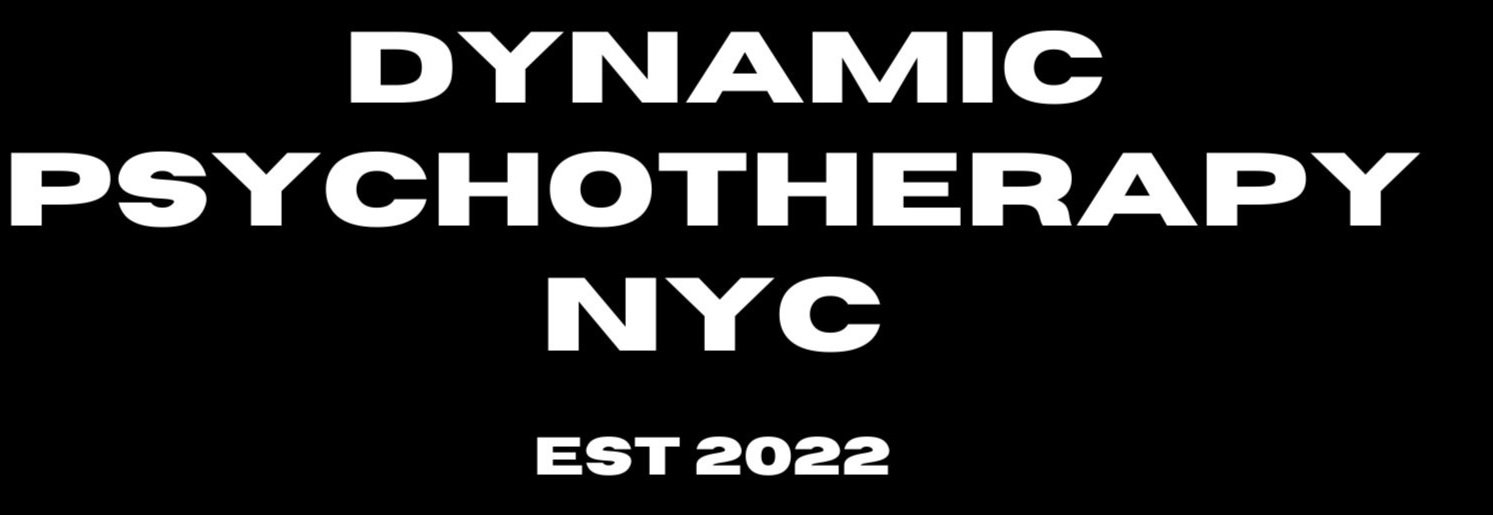Does this describe you? The Daily podcast just released a new episode, "On Female Rage", detailing the complicated relationship that those socialized according to female gender norms have with anger. Writer Leslie Jamison opens with, "I don't get angry; I get sad." How many times have you heard someone say this, well-meaning and honest? Something I tell my clients with great frequency is that we all experience anger -- no matter our gender, age or culture. Though some of us have become experts at ignoring it, anger is one of a handful of core emotions that is experienced universally, throughout one’s entire lifespan. Anger is the emotion that allows us to know when our boundaries have been violated, when something is not right.
Contrary to popular belief, we do not choose anger. Unfortunately, most people associate anger with its behavioral cousin, discharging, in which choice is involved -- violence, escalation of conflict, verbal or physical attack. Given this misattribution of negative traits to anger, so many are quick to disown their anger. But anger is an internal, visceral, biological experience, as are all core emotions -- not so dissimilar from hunger pangs inviting us to nourish ourselves, waves of somnolence beckoning us to sleep, frissons of tension spurring us to stretch tight muscles. When we suppress energy within us, we suppress an inborn vitality; we deny ourselves care; we give up our power. Depression, low moods, low self-esteem and anxiety are natural consequences of this suppression. Many of my clients spend a lot of time in therapy learning how to internally detect and then physically tolerate their anger. This has nothing to do with punching walls, road rage, cursing people out or destroying property or relationships. Experiencing anger is precisely what you want to do if you want to: increase your confidence, feel calmer, buoy your mood, bolster your ability to practice healthy boundaries, improve your relationships -- and demand justice.
The black feminist activist Audre Lorde wrote effusively about the transformative power of anger: “I have used it for illumination, laughter, protection, fire in places where there was no light, no food, no sisters, no quarter. … Every woman has a well-stocked arsenal of anger potentially useful against those oppressions, personal and institutional, which brought that anger into being. Focused with precision it can become a powerful source of energy serving progress and change.” You can find her full 1981 speech, "The uses of anger: Women responding to racism", here.

